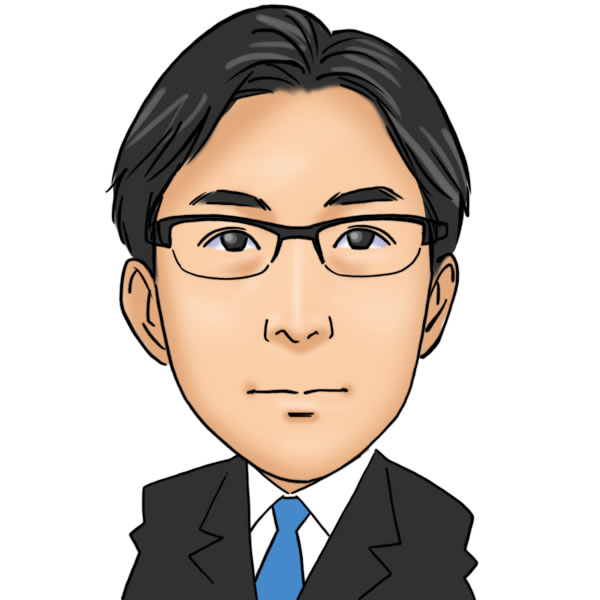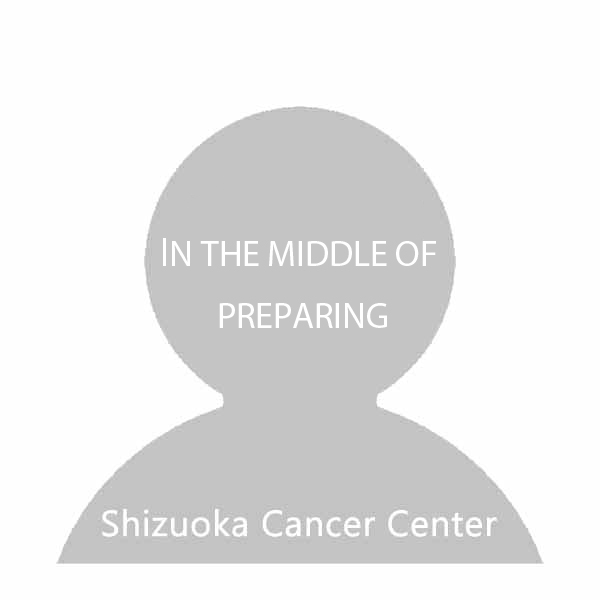 |
 |
 |
 |
 |
| Deputy Director and Chief Masashi Niwakawa, M.D., Ph.D. |
Deputy Chief Ryo Yamashita, M.D., Ph.D. |
Senior Staff Masafumi Nakamura, M.D. |
Senior Staff Hideo Shinsaka, M.D. |
Senior Staff Masato Matsuzaki, M.D. |
 |
 |
 |
 |
 |
|
Senior |
Honorary Director Kenichi Tobisu, M.D., Ph.D. |
Takashi Matsui, M.D. |
Chief Resident |
Chief Resident Yutaro Hayashi, M.D. |
 |
|
|||
|
Resident |
|
At the Division of Urology, diagnosis and treatment are provided for malignant tumors in urinary organs including kidney, ureter, bladder and urethra, and in male genitals including testis, prostate, seminal vesicle and penis, as well as in adrenal gland which is in anatomic proximity to these organs. The most common among the tumors in these organs is prostate gland cancer, followed by bladder cancer and kidney cancer. The therapy methods are tailored for each patient depending on the locations and the symptoms of cancers, being chosen from surgical therapy (operation), medical therapy (i.e., anti-cancer drug therapy and/or hormone therapy) and radiation therapy. Also at this division, kidney function disorders associated with advanced gastroenterological or gynecological cancers are taken care of. It is also an important role of the Division of Urology to treat hemorrhagic cystitis, which is a common adverse event associated with radiation therapy in the pelvis or anti-cancer drug therapy.
For a surgical treatment for prostate cancer, robot-assisted surgery is performed and for kidney cancer, laparoscopic operation is done in addition to robot-assisted surgery and conventional open abdominal surgery at this division. When total cystectomy is done for resecting a cancer in the bladder, a new way of urination will be built to replace it including a neobladder reconstruction as well as an ileal conduit diversion.
For prostate gland cancer, radiation therapy is one of the very promising choices of treatment. In addition to a conventional external beam radiation, we provide “brachytherapy (small sealed treatment),” which is to bury a sliced-mechanical pencil-lead-like tiny radiation source into the prostate gland.
At the SCC, two units of surgical robot system “da Vinci” and a proton therapy facility have been functioning quite effectively in pursuit of minimally invasive cancer treatments for patients. As robot-assisted surgery for prostate glance cancer or kidney cancer is covered by public health insurance, many cancer patients have obtained benefits from the procedure.
Among cancers in urological organs, there are some, like testicular tumor, for which the treatment method will be limited as one only, and the others, like prostate gland cancer, which can have choices of treatment method. We are always ready for various ways of cancer treatment accommodating each case, because we cover such a broad range of diseases at this division. At the same time, we are to follow three promises the SCC has made to patients as the basic principles; “We cure and care cancer patients with skills,” “We support patients and their families thoroughly” and “We continue to grow and evolve.” Therefore, we always try to give thorough explanations about examinations, treatment methods and lives after cancer therapies. We do encourage our patients to come to their primary doctors and ask questions whenever they have some with anxieties.
diagnosis and treatment of urological malignant tumor
The Japan Society of Clinical Oncology
diagnosis and treatment of urological malignant tumor
Specialist and Supervisory Doctor Certified by the Japanese Urological Association
Doctor with Qualified Endourology and Urologic Laparoscopy Skills Certified in 2014 by the Japanese Society of Endourology and Robotics
The American Urological Association (AUA)
diagnosis and treatment of urological malignant tumor
Specialist and Supervisory Doctor Certified by the Japanese Urological Association
The Japan Society of Clinical Oncology
General Clinical Oncologist Certified by the Japanese Board of Cancer Therapy
Doctor with Qualified Endourology and Urologic Laparoscopy Skills Certified by the Japanese Society of Endourology and Robotics
diagnosis and treatment of urological malignant tumor
Specialist and Supervisory Doctor Certified by the Japanese Urological Association
Doctor with Qualified Endourology and Urologic Laparoscopy Skills Certified by the Japanese Society of Endourology and Robotics
diagnosis and treatment of urological malignant tumor
Specialist and Supervisory Doctor Certified by the Japanese Urological Association
Doctor with Qualified Endourology and Urologic Laparoscopy Skills Certified by the Japanese Society of Endourology and Robotics
Surgeon with Qualified Laparoscopy Skills Certified by the Japan Society for Endoscopic Surgery
The Japan Society of Clinical Oncology
diagnosis and treatment of urological malignant tumor
Specialist and Supervisory Doctor Certified by the Japanese Urological Association
The Japan Society of Clinical Oncology
General Clinical Oncologist Certified by the Japanese Board of Cancer Therapy
Doctor with Qualified Endourology and Urologic Laparoscopy Skills Certified by the Japanese Society of Endourology and Robotics
diagnosis and treatment of urological malignant tumor
Doctor and Supervisory Doctor Certified by the Japanese Urological Association
The Japan Society of Clinical Oncology
The Japan Society of Medical Oncology
The Japanese Cancer Association
urology
Specialist Certified by the Japanese Urological Association
The Japanese Society of Endourology and Robotics
Completed the Training Course for SpaceOAR System Appliers
urology
Specialist Certified by the Japanese Urological Association
Doctor with Qualified Endourology and Urologic Laparoscopy Skills Certified by the Japanese Society of Endourology and Robotics
General Clinical Oncologist Certified by the Japanese Board of Cancer Therapy
urology
The Japanese Urological Association
The Japanese Society of Endourology and Robotics